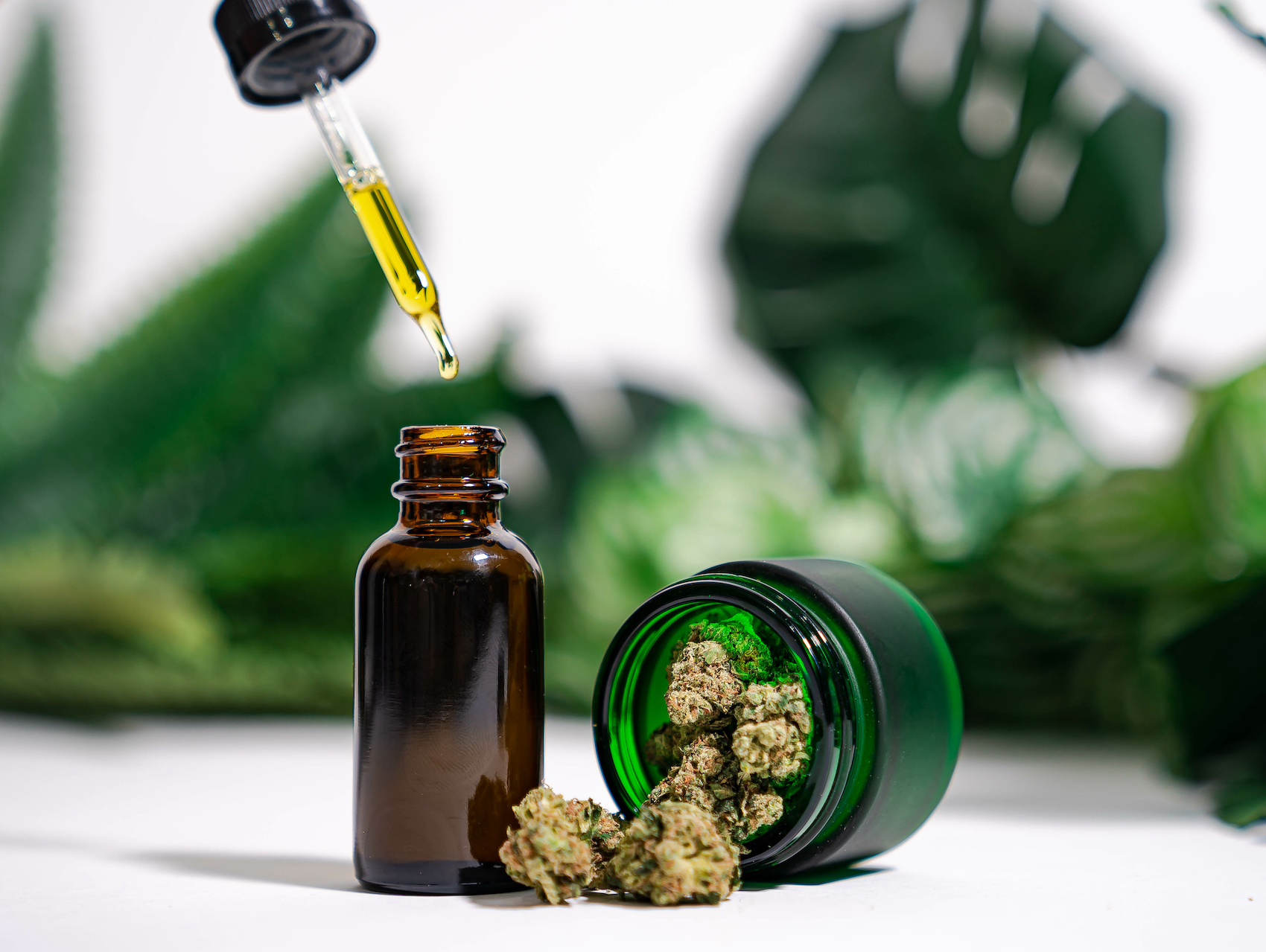Hemp seed oil tinctures have gained popularity for their potential health benefits, including supporting overall well-being and managing various conditions. With a plethora of options available in the market, selecting the best Hemp Tincture for your needs can be a daunting task. This guide aims to simplify the process by outlining key factors to consider when making your decision.
Check the Source of Hemp:
The quality of hemp used in the production of seed oil is crucial. Opt for tinctures derived from organically grown hemp Tincture. Organic farming practices reduce the risk of pesticide and herbicide contamination, ensuring a cleaner and more natural product. Look for tinctures that specify the hemp's origin and cultivation methods.
Extraction Method:
The extraction method used plays a significant role in the quality of hemp seed oil. The most widely recognized extraction strategies are CO2 extraction and ethanol extraction. CO2 extraction is considered superior as it preserves more of the plant's beneficial compounds and avoids the use of potentially harmful solvents. Ensure that the tincture you choose mentions the extraction method on the label or product description.
Full Spectrum vs. Isolate:
Hemp seed oil tinctures come in two main forms – full spectrum and isolate. Full-spectrum oils contain a wide range of cannabinoids, terpenes, and other beneficial compounds found in the hemp plant, providing an "entourage effect" that enhances the therapeutic benefits. Then again, disconnects contain just unadulterated Cannabidiol. Consider your preferences and the potential benefits of each when choosing a tincture.
Cannabidiol Concentration:
Check the concentration of Cannabidiol in the tincture hemp seed oil, usually expressed in milligrams (mg). Different concentrations cater to varying needs, with lower concentrations suitable for beginners and higher concentrations for those seeking more potent effects. Start with a lower concentration and adjust as needed based on your response.
Third-Party Testing:
Reputable companies often subject their products to third-party testing to verify the accuracy of their labels and ensure the absence of contaminants like heavy metals, pesticides, and residual solvents. Look for tinctures with easily accessible third-party lab reports, confirming the product's quality and safety.
Carrier Oil:
Hemp seed oil tinctures typically use carrier oil to enhance absorption. Common carrier oils include MCT oil (medium-chain triglycerides) and hemp seed oil. MCT oil is known for its quick absorption, while hemp seed oil adds its nutritional benefits. Consider your dietary preferences and any potential allergies when choosing a tincture based on its carrier oil.
 Flavor Options:
Flavor Options:
Hemp seed oil tinctures may have natural earthy flavors that some find unpleasant. Many brands offer flavored options to mask the natural taste of hemp. Popular flavors include mint, citrus, and berry. Choose a flavor that aligns with your preferences, but be cautious about artificial additives if you prioritize a more natural product.
Price and Value:
While price is an important factor, it should be considered in conjunction with other criteria. Compare the price per milligram of Cannabidiol to assess the tincture's overall value. Sometimes, a higher upfront cost may be justified by a higher concentration or superior quality.
Customer Reviews:
Reading customer reviews can provide valuable insights into the effectiveness and overall experience of using a particular hemp seed oil tincture. Look for reviews on the brand's website, independent review platforms, or forums dedicated to Cannabidiol products.
Legal Considerations:
Ensure that the Hemp Tincture you choose complies with local laws and regulations regarding Cannabidiol products. Check the THC content to confirm that it falls within the legal limit (0.3% in many places). This ensures that you can enjoy the potential benefits of hemp seed oil without legal concerns.
Understanding the Production of Hemp Seed Oil Tincture
The journey of tincture hemp seed oil begins with the cultivation of high-quality hemp plants. Farmers carefully grow and harvest hemp, ensuring organic practices to avoid contaminants. The harvested hemp undergoes an extraction process, commonly using CO2 or ethanol, to obtain the essential cannabinoids and terpenes.
Once extracted, the hemp oil is carefully blended with a carrier oil, often MCT or hemp seed oil, to enhance bioavailability. This blend is meticulously tested by third-party laboratories to ensure purity, potency, and the absence of harmful substances. The testing phase is crucial in maintaining product quality and safety.
The resulting hemp seed oil tincture is then bottled, with labels indicating key details such as Cannabidiol concentration, extraction method, and third-party testing information. Flavorings, if used, are added to enhance the consumer experience. The final product is a meticulously crafted tincture ready for consumers seeking the potential health benefits of tincture hemp seed oil. Understanding this process empowers consumers to make informed choices, selecting a product that aligns with their values and health goals.
Conclusion
Choosing the best hemp seed oil tincture involves considering the source of hemp, extraction method, spectrum type, Cannabidiol concentration, third-party testing, carrier oil, flavor options, price, customer reviews, and legal considerations. By carefully evaluating these factors, you can make an informed decision that aligns with your preferences and health goals.












